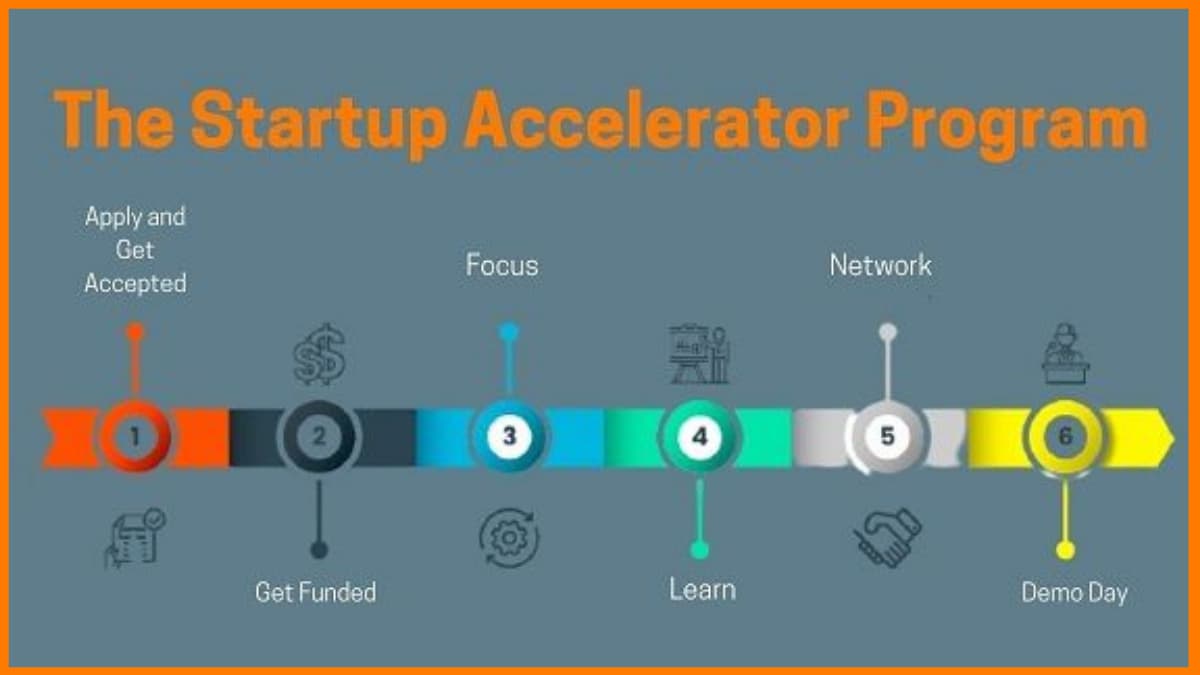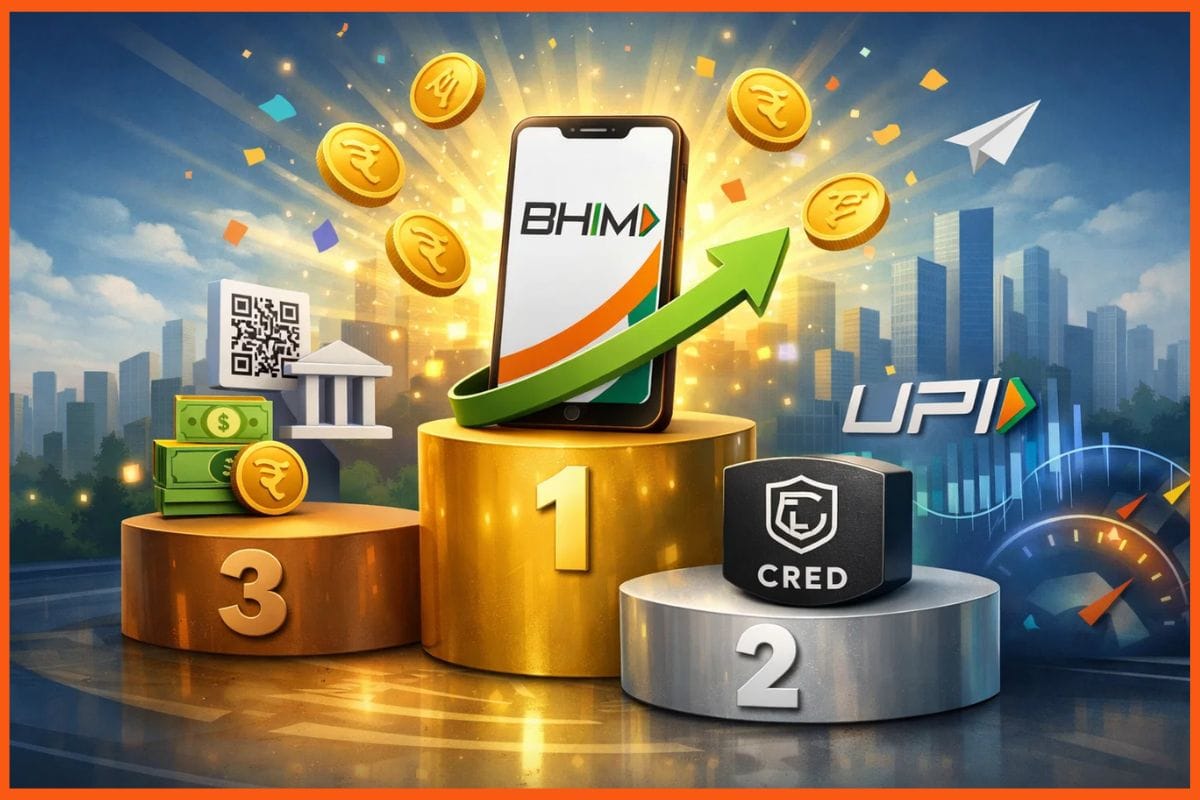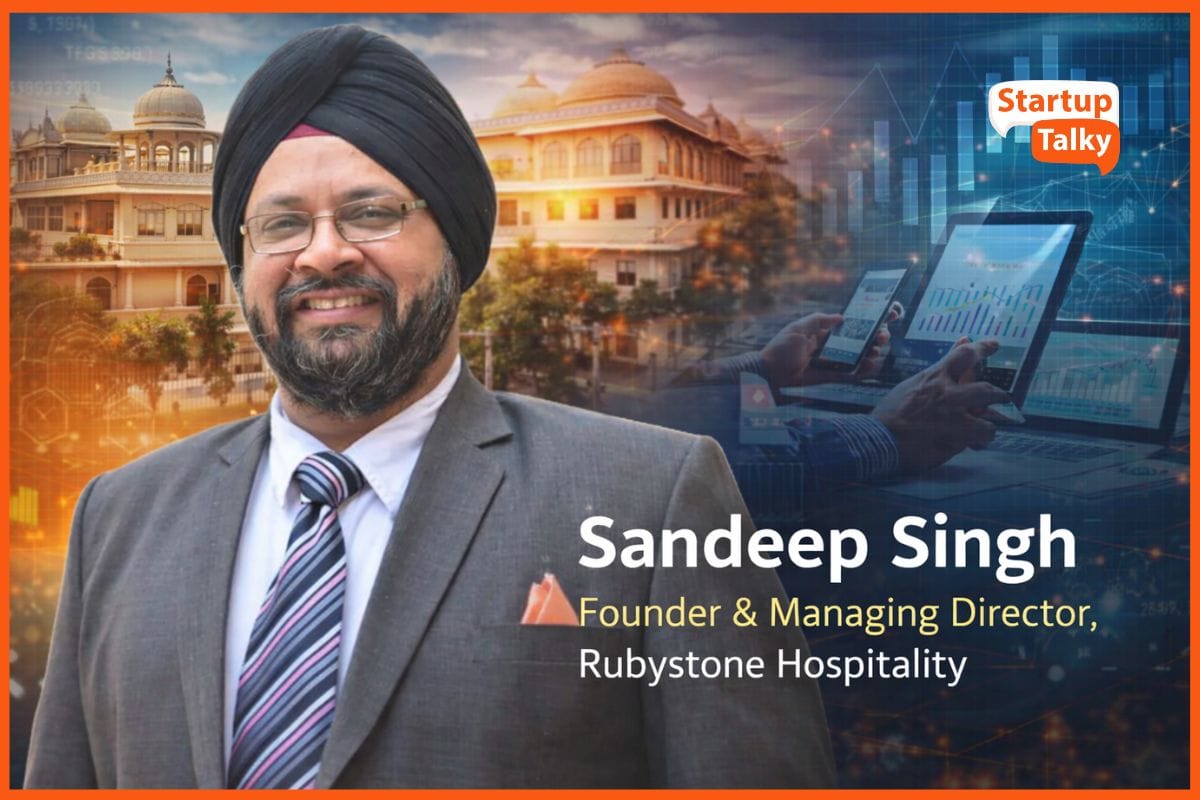Startup Accelerator Business Model
🔍Insights
The role of startup accelerators is increasing in startup communities throughout the world. A startup accelerator is also known as a seed accelerator. It is a business program that supports startup companies through financing, mentorship and education. The accelerators have the potential to improve the outcomes of startups and to spill these benefits into the wider startup community. You must be wondering like What is an accelerator? How do startup accelerators work? How do startup accelerators make money? etc. Don't worry, we are going to answer all these questions in this article.
History of Startup Accelerators
Startup Accelerator Business Model
Characteristics of An Accelerator Program
How do Startup Accelerators Work?
Process of An Accelerator Program
Efficiency of Accelerators
Frequently Added Questions - FAQs
History of Startup Accelerators
Y Combinator was the first independent startup accelerator that was started in Cambridge in 2005. Later, Paul Graham moved this into Silicon Valley. After its success, startup accelerator programs started to grow swiftly across Europe and the United States. It includes Seedcamp (2007), Techstars (2006), Startupbootcamp (2010), Tech Wildcatters (2011), and Boomtown Boulder (2014).
The popularity of startup accelerator programs increased in the US and Europe. Seedcamp, Startup Bootcamp, and Startup Wise Guys are the top-rated accelerator programs in Europe. In April 2012, Forbes presented an analysis of startup accelerators. According to that, there was a significant growth of corporate accelerator programs since 2010. Around one-third of startups received accelerator funding models through the accelerator program by 2015. Some large corporations have created their own accelerator programs. They focus on specific categories, but it follows similar principles.
With the emergence of the COVID-19 pandemic, many accelerators such as Y Combinator, SOSV's family of accelerators and BEAMSTART have shifted their approaches by running most of the programs and Demo Days online.

Startup Accelerator Business Model
Startups need to submit an application to join an accelerator. Once the application is approved, the accelerator will give services and resources such as advising hours, shared coworking space, guest speakers, and a negotiated amount of capital. The average term period of a startup accelerator model is 3-4months. Also, the ownership of the startup should be around 3-8%. The help of an accelerator ends with a demo day or graduation after startups present their work and move forward independently.

Biotech, tech hardware, and AI are the popular sectors of the startup accelerator business model. Also, so many brands have got support from accelerators. Play Tech Center and the Silicon Valley accelerator Plug have assisted PayPal, Google, and Zoosk to convert their ideas into businesses. Y Combinator is another popular accelerator. They released Dropbox, Airbnb, and Reddit. A startup accelerator named Techstars has sponsored more than 21 startups.
Characteristics of An Accelerator Program
Startup accelerators, also known as seed accelerators, are fixed-term, cohort-based programs that include mentorship and educational components and culminate in a public pitch event or demo day. These are the 4 factors that make accelerators unique from other startup institutions such as incubators, seed-stage venture capitalists and angel investors. Accelerators can give useful resources to organizations at all stages of development. But most accelerator programs are focusing on pre-revenue. To qualify as an accelerator requires a number of characteristics. The characteristics of a startup accelerator are given below.
1. It is a fixed-term business program with a start and an end.
2. It is a cohort of startups.
3. It includes a group of advisors to support the startup.
4. It is an educational program for the transferring of acquired knowledge.
5. It is a selection process, so the cohort of startups is considered the best.

How do Startup Accelerators Work?

Accelerators provide two types of knowledge where mentors pass the tacit knowledge from what they have learned over the years and the acquired knowledge is transferred through training sessions, workshops, and other structured education. Startup accelerators offer acquired and tacit knowledge through the combination of structured education and mentors. It has efficiency for the transferring of the value it creates by forming a group of startups.
The accelerator chooses the best startups from a large number of applicants and brings those startups together in such a way that corporations, investors, and others can meet them. It also chooses and brings a group of mentors who give knowledge, advice, and new contacts to startups for development. The accelerator provides a diverse network with a wide range of experience and knowledge.
This group works as a class at a university that allows delivering one lesson to a group of startups at once instead of delivering lessons to individuals multiple times. It focuses on participants who form an ecosystem around the accelerator and provide an opportunity for them to meet a group of startups at once instead of finding and meeting them all individually.
It is provided to overcome the lack of knowledge and networks of startups. Accelerators are mainly funded by corporations, government agencies, or investors to identify and support new innovations. The startups make returns in the form of investment returns, economic development, and new technologies.

Process of An Accelerator Program
An accelerator program mainly includes 6 processes:

Apply and Get Accepted
After submitting applications, only 1% to 3% of applicants get accepted from total applications. During this process, the startups can interact with the operator and discover more details about them. Startups don't have an obligation to join and accept the program until they sign any paperwork.
Get Funded
Money is one of the major reasons that founding teams and entrepreneurs selecting the accelerator path. Accelerators provide seed money to the company that ranges from $10,000 to $120,000. Although some have recently withdrawn the amount of funding they provide, they point to funding as a major obstacle to success as that may affect future fundraising activities.
Focus
A big advantage of this system is that it focuses on entrepreneurs. According to the Harvard Business Review, they are being dragged into the process for 3 to 6 months. This is an intense time, and participants are forced to focus and make progress.
Learn
Learning is a big part of the process. It includes opportunities such as seminars, workshops, and mentorship opportunities wherein it covers topics relevant to starting a venture, pitching practice, and the legal aspect.
Network
Entrepreneurs have ample opportunities to network with potential investors and other industry support providers, during the acceleration period. These connections are very valuable.
Demo Day
The process ends in graduation or on a demo day, where every startup in the cohort presents and pitches. This is the place for proving the time and experience invested by startups. Founders of startups usually include 15 to 20 slides on their pitch decks as part of the presentation.
Efficiency of Accelerators
Accelerators bring the various groups of participants around their program and facilitate interactions between them very efficiently. They bring the best startups by running a selection process that includes an open and broad application process. The evaluation is done by respected individuals. The high quality of startup has an important value within the accelerator. It attracts investors.
Another major attraction of accelerators is the mentors. A mentor provides networks and tacit knowledge to the cohort. It makes mentors an important part of accelerators. Failure to ensure that mentors receive appropriate remuneration for giving their knowledge and time can lead to mentors losing interest quickly or failing to engage. The way of gathering startups together into one space and deal with them quickly in a fixed-term program, creating the same efficiency as a university collecting students into classes.

Mentors are able to address all startups simultaneously, so that knowledge is effectively transmitted. Accelerators can provide a way to survey and filter out many innovators, such as startups, academics, or individuals. By choosing the best from the applicants, the accelerator makes a validated cohort of startups that are valued by others, such as investors and mentors.
The accelerator experience is fast, intense, and in-depth educational process aimed at shortening the years of worthwhile learning into a few months and accelerating the life cycle of innovative startup companies. A real accelerator has very specific identifiers. If you can access them, they can give you a lot of benefits. Not everything is created equal. There are so many differences that exist between the successes of the graduates.

Frequently Added Questions - FAQs
What happens in a startup accelerator?
Startup accelerators periodically select a batch of companies, usually in the same early stages of their lifecycle. In return for a small portion of equity, they offer advice, investor connections, and mentorship.
Is joining an accelerator worth it?
Most startup accelerators provide seed money in exchange for equity in your startup. So, if you are someone who doesn't want to dilute the equity at the initial stage, going for an accelerator program will be a bad idea. However, there are few accelerators programs that don't take any equity in the startups.
How do startup accelerators make money or how do accelerators make money?
The accelerator would charge startups by offering desks for rent. In a way, the accelerator is actually offering similar services to a co-working space. Alternatively, accelerators make money through offerings of training and consultancy services for startups, in exchange for money or equity.
What is a startup accelerator?
A startup accelerator is an organization that offers mentorship, capital, and connections to investors and business partners. It is designed for selected startups with promising MVPs and founders, as a way to rapidly scale growth.
What is the list of the best startup accelerators in India?
The list of best startup accelerators are as follows:-
- Cisco Launchpad.
- GSF Accelerator.
- Microsoft Accelerator.
- Indian Angel Network.
- iCreate.
- Google Launchpad.
- Amity Innovation Incubator.
- Angel Prime.
How do I start my own accelerator business?
Step 1: Found your own company or at least work at a startup.
Step 2: Participate in the community.
Step 3: Talk about the community.
Step 4: Invite the community in.
Step 5: Create a common space.
Step 6: Keep doing all of that stuff or even more, but faster.
Step 7: Start an accelerator.
Must have tools for startups - Recommended by StartupTalky
- Convert Visitors into Leads- SeizeLead
- Website Builder SquareSpace
- Run your business Smoothly Systeme.io
- Stock Images Shutterstock







